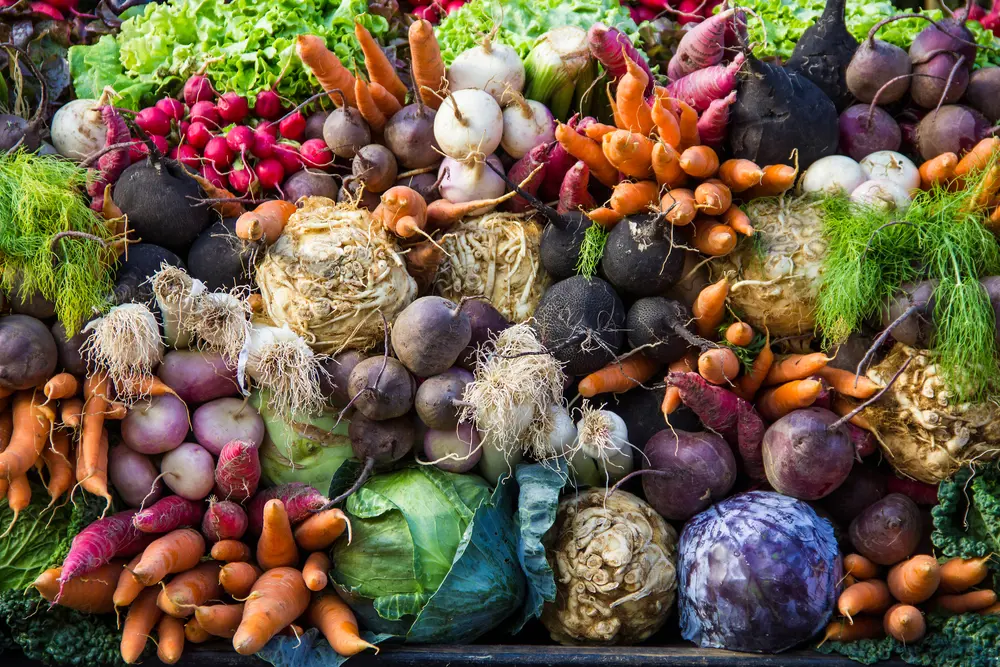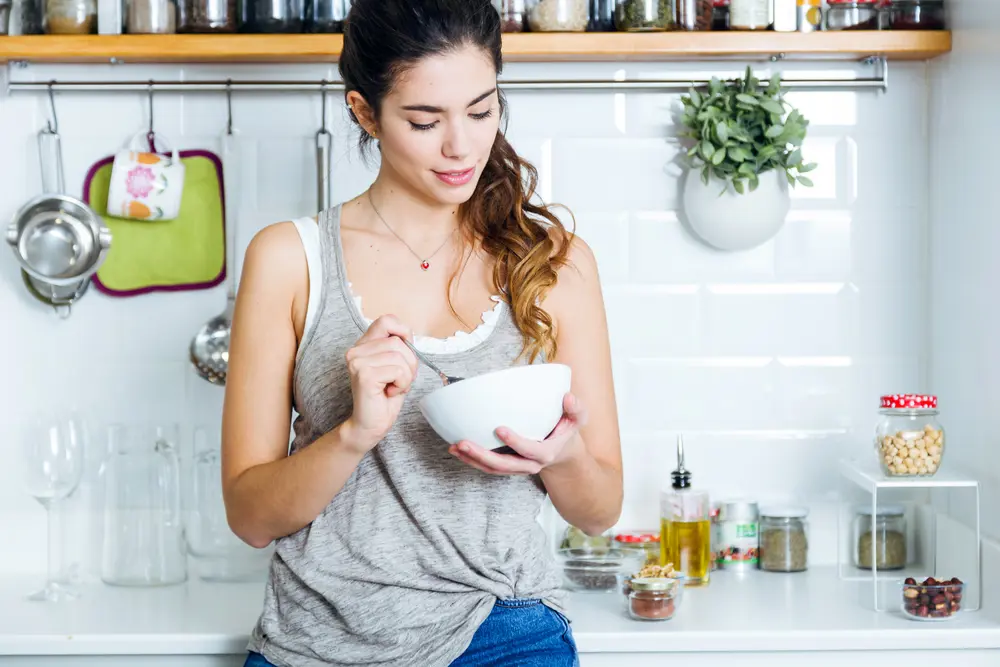
Figuring out flavonoids
Flavonoids are a distinct group of phytonutrients, they are responsible for the colours we see in fruit and vegetables and there are over 6000 types known so far.
Health Support, Nutrition, Vitamins & Minerals
By Bio Island Nutrition Team
Flavonoids are a distinct group of phytonutrients, which are plant chemicals found in majority of fruits and vegetables. They are responsible for the colours we see in fruit and vegetables and there are over 6000 types known so far.
Some of the best know flavonoids are quercetin and kaempferol. There are various subgroups to each flavonoid and each subgroup provides different health benefits, with further research still being conducted to better understand how they work, interact in the human body and supporting health and wellbeing.
Some ways flavonoids support health include:
- Anti-inflammatory properties
- Immune system support
- Powerful antioxidants
- Skin protection
- Brain function
- Help support healthy blood sugar and blood pressure regulation
Groups of significant flavonoids include anthocyanidins, flavanols, flavones, flavonones and isoflavones.
Anthocyanidins: sources of this flavonoid include red and blue berries, pomegranates, plums, red and purple grapes. They are linked to heart health; antioxidant effects and research is looking into the link between obesity and diabetes.
Flavanols: There are 3 main types which include catechins (or monomers), dimers and polymers. They are found in teas, cocoa, grapes, apples, berries and red wine. Dimers are associated with supporting healthy cholesterol levels, while catechins are linked to cardiovascular and neurological health.
Flavones: they belong to a subgroup that includes quercetin and kaempferol. They are mainly found in onions, leeks, Brussel sprouts, kale, broccoli, berries, beans, apples and tea. Quercetin is known for having antihistamine properties and may help hay fever and hives. Kaempferol, like many other flavonoids is associated with anti-inflammatory and antioxidant benefits.
Flavonones: these are mainly found in citrus fruits and are associated with cardiovascular health, relaxation and overall antioxidant and anti-inflammatory properties.
Isoflavones: you will find these flavonoids in soy and soy products and as well in legumes. They are phytoestrogens, which means they act like the hormone estrogen. Therefore, the current research on isoflavones is in relation to menopause, studies include if there is any effects on menopausal symptoms and even hormonal cancers. Research is still unclear at this stage with more studies being conducted.
So, by eating a range of fruits and vegetables you won’t only be getting a handful of vitamins but also a range of flavonoids which help our bodies stay strong and healthy. Eating a balanced diet is fundamental to having a healthy life and functioning to our best.
This information does not take into account your personal situation and is general in nature. You should consider whether the information is appropriate for your needs and seek professional medical advice. Always consult your healthcare professional before taking any supplements or if any concerns arise.






